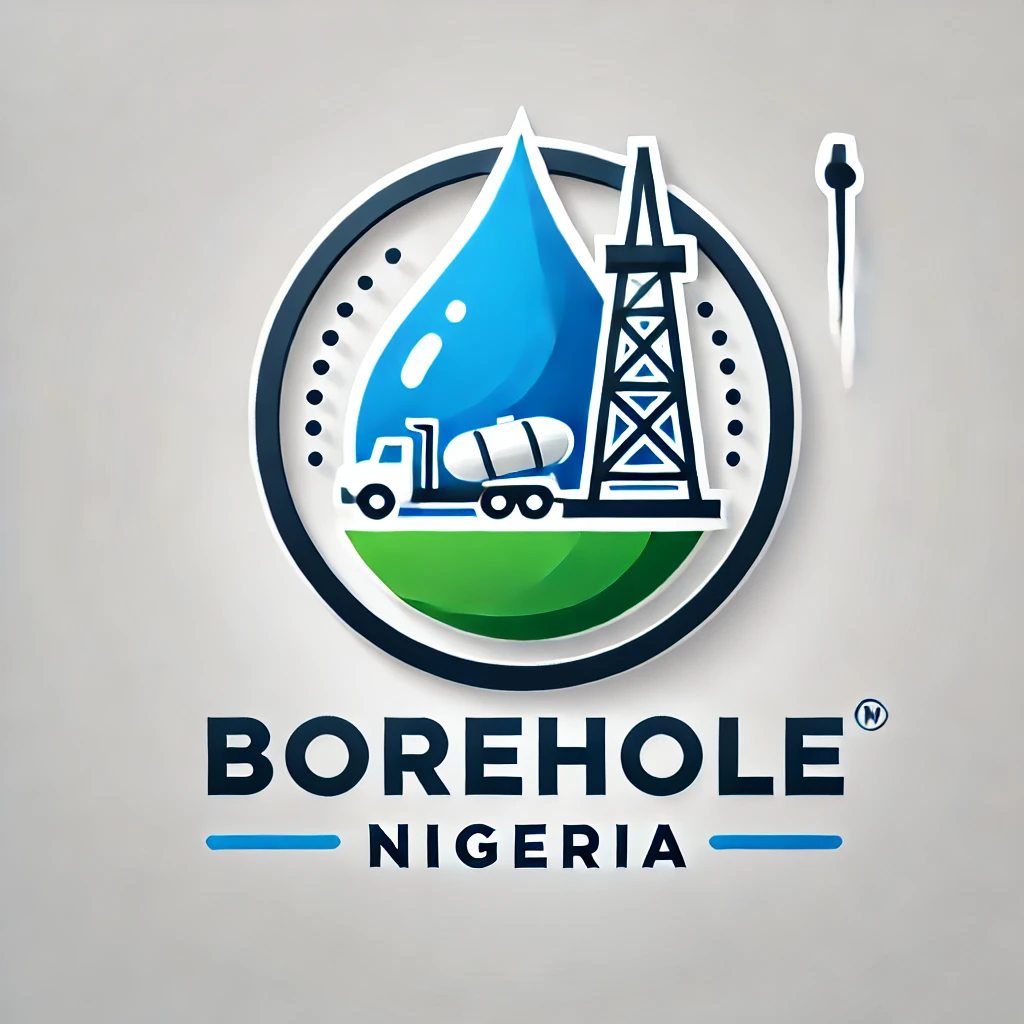Drilling a water well in Kansas can be essential for homeowners, farmers, and businesses, especially in rural areas where access to municipal water is unavailable. The cost of drilling a well in Kansas varies depending on several factors such as location, depth, soil and rock formations, and the type of well. Here’s a detailed breakdown of the average costs associated with drilling a water well in Kansas:
1. Average Cost Per Foot to Drill a Well in Kansas
- The cost to drill a well in Kansas typically ranges from $25 to $50 per foot, but this can vary based on several factors:
- Shallow Wells (50-150 feet): Costs usually range from $25 to $35 per foot. These wells are common in areas with a high water table or softer soil conditions.
- Moderate Depth Wells (150-300 feet): Most residential wells fall in this range, costing around $35 to $45 per foot.
- Deep Wells (300+ feet): In regions where water is deeper or where drilling through hard rock formations is required, costs can increase to $45 to $50 or more per foot.
2. Factors Affecting Well Drilling Costs in Kansas
- Geology and Terrain: Kansas has varied geological conditions ranging from soft clay and loam to harder limestone and shale formations. Drilling through harder rock increases both the time and cost of drilling.
- Location and Accessibility: Wells in remote areas may incur additional costs for transporting heavy equipment and may require more labor due to the terrain.
- Depth to Water Table: In some parts of Kansas, the water table is relatively close to the surface, reducing the required drilling depth and cost. However, in areas with lower water tables, deeper drilling will be required, which increases costs.
3. Well Casing and Sealing Costs
- Well casing is necessary to prevent the well from collapsing and to protect the water from contaminants. The cost of casing (typically PVC or steel) usually ranges from $10 to $30 per foot:
- PVC Casing: A common and more affordable option, costing between $10 to $20 per foot.
- Steel or Stainless Steel Casing: Offers more durability, especially in deeper wells, and costs between $20 to $30 per foot.
4. Pump and Installation Costs
- Once the well is drilled, a pump system is required to bring water to the surface:
- Submersible Pumps: These are the most common for deeper wells (over 100 feet) and typically cost between $1,500 to $4,000 including installation.
- Jet Pumps: Used for shallower wells (up to about 100 feet), with costs ranging from $800 to $2,500.
- Installation Costs: Additional costs for electrical connections, plumbing, and labor can range from $1,000 to $3,000.
5. Water Testing and Treatment
- Water quality can vary in Kansas, necessitating water testing to ensure it is safe for consumption and use. Testing for contaminants such as nitrates, bacteria, and heavy metals typically costs between $100 to $500.
- If a treatment system is required (e.g., for iron, hardness, or bacteria), it can add an additional $1,000 to $5,000 or more to the overall cost, depending on the complexity of the system.
6. Additional Costs
- Gravel Pack and Well Development: Gravel packing is often required to stabilize the well and filter out sediments, adding $500 to $1,500 to the total cost.
- Well Cap and Sanitary Seal: A well cap is needed to prevent contamination and costs around $50 to $200.
- Storage Tanks and Piping: For homes or farms requiring a consistent water supply or for irrigation purposes, a storage tank (1,000 to 5,000 gallons) might be needed. Costs for tanks range from $1,000 to $4,000, and additional piping costs can add another $500 to $3,000.
7. Total Estimated Cost to Drill a Well in Kansas
- For a standard residential well with a depth of about 150 to 300 feet, the total cost can range from $5,000 to $12,000. This estimate includes drilling, casing, pump installation, basic water testing, and labor.
- For deeper or more complex wells (300 feet or more), particularly in areas with challenging geology or where additional water treatment systems are required, costs can range from $12,000 to $25,000 or more.
8. Ongoing Maintenance Costs
- Routine maintenance is important to ensure the well operates efficiently and provides clean water. Annual inspections, water quality testing, and potential repairs can cost between $200 to $1,000 per year. Submersible pumps typically last 7 to 15 years and may cost between $1,500 and $4,000 to replace.
9. Hiring a Qualified Well Drilling Contractor in Kansas
- It is crucial to hire a licensed and experienced contractor familiar with Kansas’s local geology and state regulations. A reputable contractor will provide comprehensive services, from obtaining necessary permits to drilling, casing, pump installation, and water quality testing.
Conclusion
The cost to drill a well in Kansas depends on depth, location, geological conditions, and specific water quality requirements. On average, the cost per foot to drill a well in Kansas ranges from $25 to $50 per foot, with total costs generally ranging from $5,000 to $12,000 or more for a typical residential well. To get a precise estimate tailored to your specific property and needs, it’s best to consult with local well drilling professionals who can provide a detailed quote based on your unique circumstances.
